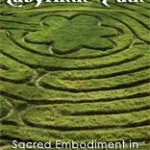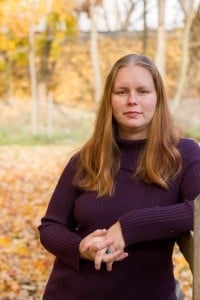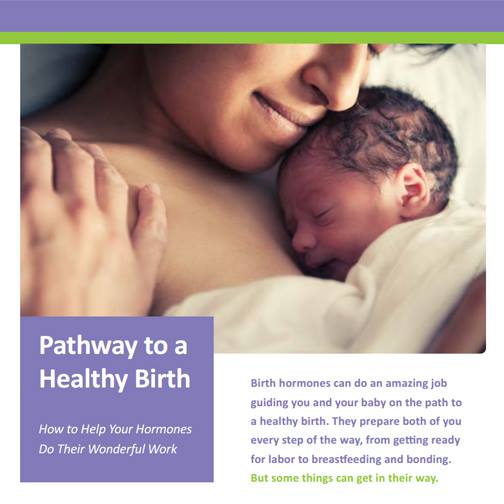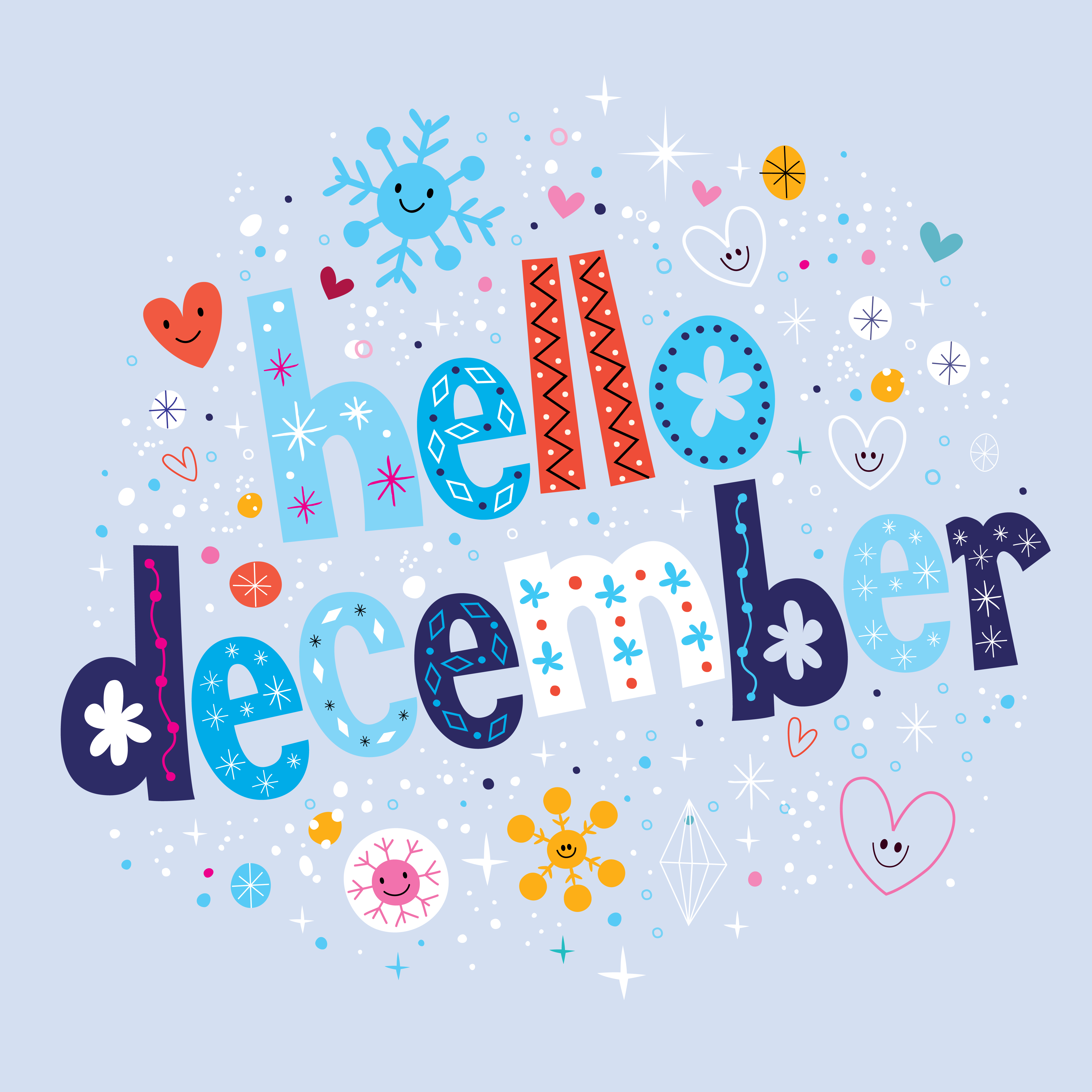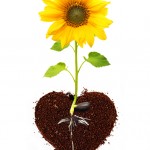Last week Sarah, our fearless leader here at Pagan Families, posted a link to this article, called “Think Before You Breed,” in the New York Times about the ethics of having children on our Facebook page. I think most people do think before they breed; on the other hand, most of us aren’t trained in the philosophical arts, so the kinds of thinking the author is aiming for might not come easily to most people. Sarah wondered “Can Pagan ethics help us to decide whether to have children? ”
The article linked to above won’t offer any direction for a Pagan perspective on having children, other than an encouragement to really think about the decision. I suspect that whether a pregnancy is a surprise or not, every single baby is given a great deal of thought. How do Pagan ethics fit in? Good question.
Let it be known that I am writing this not from a research point of view, but from a personal, high subjective point of view. I am about to employ generalizations. Your ideas, experiences, and traditions may not fit them. I hope you’ll discuss in the comments!
What are exactly are Pagan ethics? As far as I am aware there is not a standard set of Pagan ethics. As close as I can tell, the only ethic that the most amount of Pagans agree on is the Wiccan Rede: An harm ye none. They may not agree on the whole statement, or even what ‘harm’ means, but very few spiritual people actually want to harm others. But this is a tricky and complex ethic to unravel and uphold, and while many may use it as an ethical guide, many don’t. I don’t think it has much place in the decision to have children. Let me explain.
Having children involves bringing them into a world full of pitfalls and experiences (and joys) over which we very often have no control. As a mother of two, I have two tiny hearts that beat as mine existing outside of myself. I literally feel my own heart lurch when they whack their heads or bloody a knee; my heart cries with theirs when they experience a grief. Being human in this world involves harm.
Yet the children were not able to consent to their existence, nor choose which harms to face. None of us were. And we were not able to consent to the vast majority of our upbringings either. If consent is our highest value, then perhaps it’s not ethical to bring children into the world. Perhaps, the option for those people who still want to raise a family is to adopt children that already exist in the world and need homes.
I value consent and mutuality very highly, but I admit I didn’t think of this angle when I decided to have to children. For a time I was partnered with a female and I’d accepted that biological children might not be in my future. When I partnered with my husband we both wanted a family and a biological one. I just wanted a family. I looked forward to the joys, even as I knew (as best as I could) that there would be challenges, too. We thought emotionally, practically, but not ethically about our choice. We are now in the process of deciding whether or not to have a third child, and I’ve been thinking a great deal about all the factors that go into this.
From a general Pagan viewpoint I can think of three areas of ethical consideration: environmental, communal, and personal.
While not all Pagans revere the earth, consider themselves environmentalists or even earth-based, I’ve yet to meet a Pagan who didn’t value the interdependence of the world, its diverse biology and ecology, and make at least some choices out of a consideration for the environment in some way. When I was growing up there was the fear of the overpopulation. Nowadays that is less the worry – in fact, many countries are not reproducing at a rate that will replace standard demographics (many countries may have many, many times more retirees than people to support them in the not-so-far-off future). But what is worrying is that our use of resources is not sustainable. Do we bring more bodies into the world? Bodies that have needs and wants? Can we raise children in a sustainable way? I think these are significant concerns.
Community is another area that most Pagans I know give a great amount of thought to. This might be your coven, your lodge or working group, the larger Pagan community as a whole, maybe the town or specific neighborhood you live in. What are the realities of where you live? Is it a safe place in which to raise children? Do you have networks of support? We’ve already discussed that harm is involved in living, period, but are there some very serious harms more likely where you live? These questions might be worth asking.
However, the community context can be confusing. Most Pagan communities don’t support families particularly well. Most rituals are for adults only. Most of the Pagans I know are child-free, almost entirely by choice – is there room in our groups for those of us with families? Once a person has children it can be very hard to find the time to do the personal work required of us, let alone get to classes or circles. From a female perspective, sometimes being pregnant can raise issues of accessibility.
Looking at the personal category, most Pagans I know value individual freedom. I don’t believe I know a single person who identifies as Pagan that would choose to limit a person’s choice to have children. But we must also look at our personal circumstances. Are we ready – emotionally, relationally? Do we have secure housing? What about health care and a steady income? Are these important to us?
There are other areas that might be relevant to our personal Pagan ethics depending upon our tradition, but I think these three – Environment, Community, and Personal Readiness – are the most common.
To take this discussion out of the hypothetical and into the personal, I want to walk through these three areas again from my experience and talk out how I think about them as I debate whether to have another child.
I came to terms with the environmental question when I was pregnant with my first. I briefly interacted with a mother of ten in an online forum. My knee-jerk reaction was to assume that she was Mormon or a conservative Catholic (I never asked nor found out if that was the case). What I came to find out was that her family lived in a homestead in the NE, grew almost all of their food, she made a lot of their clothes, and she home schooled all the kids. Now, I have no desire to homestead, but what struck me was this: the vast majority of two child families, single child families, heck even child-free people are not living as sustainably as this family of 12. When people claim that families are horrible for the environment, I counter with the statement ‘it doesn’t have to be that way.’
It takes a lot of thinking and a fair amount of adjusting to different habits, but a family can live a modern life on less income and fewer resources than we might at first believe. Of course, if we really want to be sustainable we might have to rethink our entire society, forms of energy and way we source nearly everything, but that’s a different topic for another time. I have done considerable work to create as sustainable a family as I can – knowing that I need to constantly be reassessing and adjusting as we need or can.
What is particularly important in my life is community. When I had my second child my partner and I were living in Wales, far far away from our closest friends and all of our family. It was hard and a little lonely, especially in those final weeks of pregnancy and in those early months with a newborn, with little outside support. Knowing that I have the resources for a third is encouraging. By resources I mean, emotional, spiritual and practical support: hand-me-downs, dinners in those early weeks, emergency help if things go ‘wrong’ or I get sick, child-care, etc. Knowing that there is a culture of midwifery in my community is particularly important to me.
I feel I need to add this: I acknowledge that I already have two healthy children. So, why would I want a third? I live in a rather liberal part of the US, a very family friendly town, and in my world it seems that two kids are the norm. It’s the American average. But I often feel as though wanting more children makes me a bad liberal, a terrible environmentalist, and a crazy feminist because there goes my career. It’s unspoken, but I see these attitudes around me in the wider world. Thankfully, I know several amazing larger families, so I see that politics, care for the environment and a healthy career are indeed possible! And possible because of community support.
The final area of consideration, the Personal, is well, the most personal and the most important to me. It’s the intangible. The part of me that makes no rational sense, but a part I value and listen to nonetheless. It’s that part where my husband and I repeatedly feel that there is some one else missing at our table. It’s the part of my physical body that, as much as I don’t actually enjoy being pregnant all that much and craves my autonomy, recognizes that I have one more pregnancy in me.
I counter those feelings with practical thoughts: I am 37 and I do not want to be pregnant or birthing at 40. I know my window is narrowing. I recognize that as a self-employed family in the US, we cannot afford health insurance. I am working on getting my children insured under the state system, and there is a system for low-income pregnant women. Our lack of savings and our acknowledgment of future expenses (braces? for one or both kids? accidents? costs for hobbies?) are very real concerns. Do we add a third child to the mix? Is this responsible?
I come back to a passage from a novel I read recently: A high-born woman in Victorian England is having tea with another a woman, a poor widow with seven children. Questions about livelihood are exchanged and the poor woman says something along the lines of ‘I see you wondering how I maintain my brood. But you are mistaken: they are not a burden, but my consolation.’ I would add that from a Pagan point of view, my children are also my gift to the world. Two (or more) children who will be raised to honor the Gods and Pagan values.
How did you decide to breed? Or not breed? What are the ethical decisions around building a family that you have faced or are facing in your own journey?

